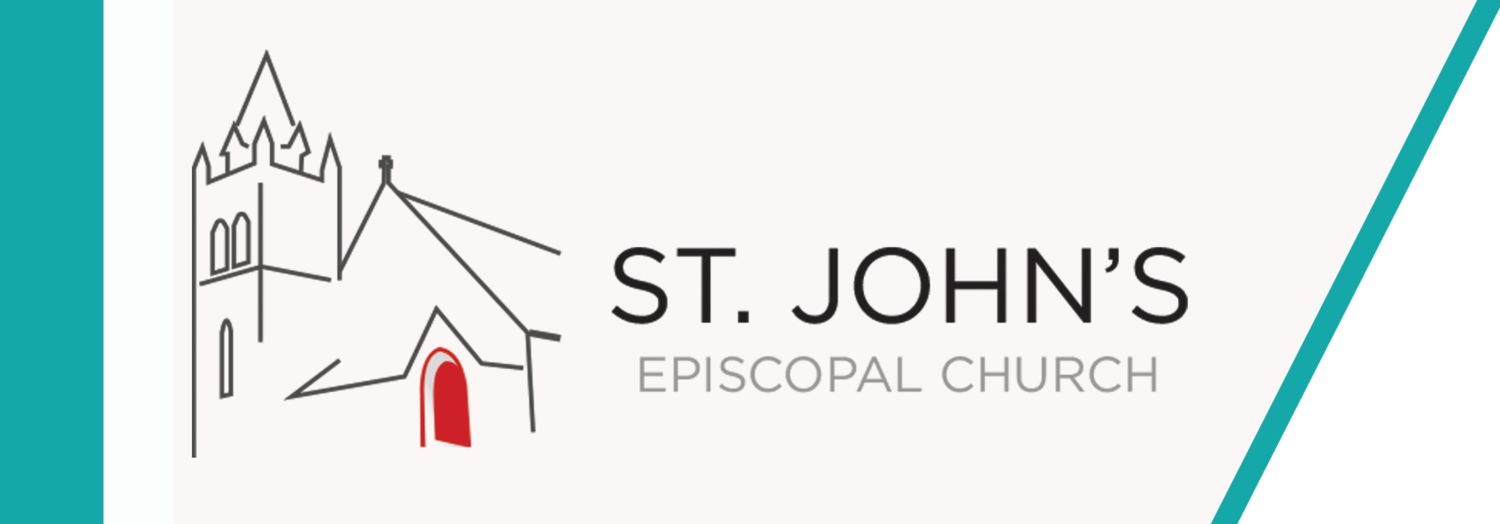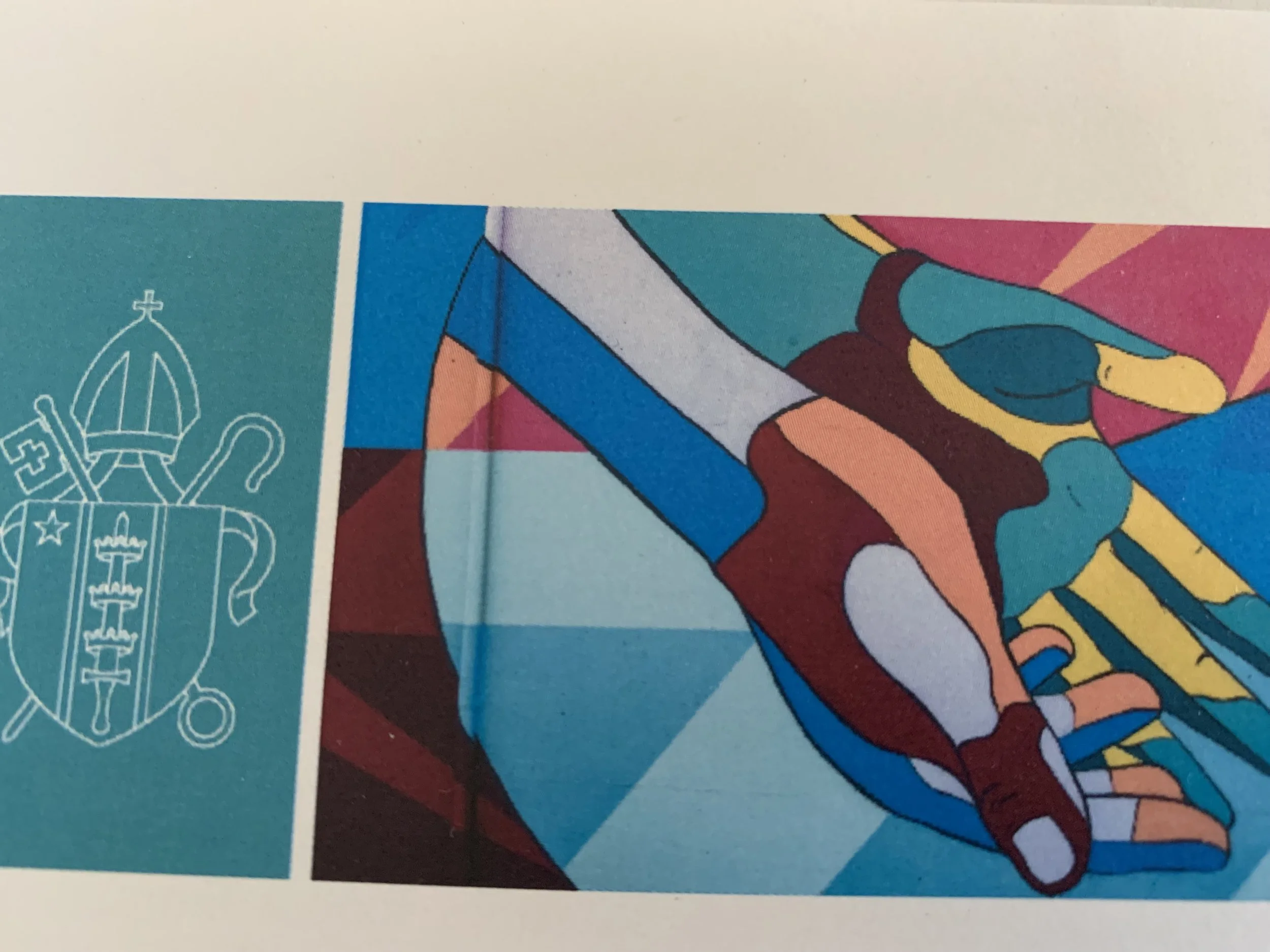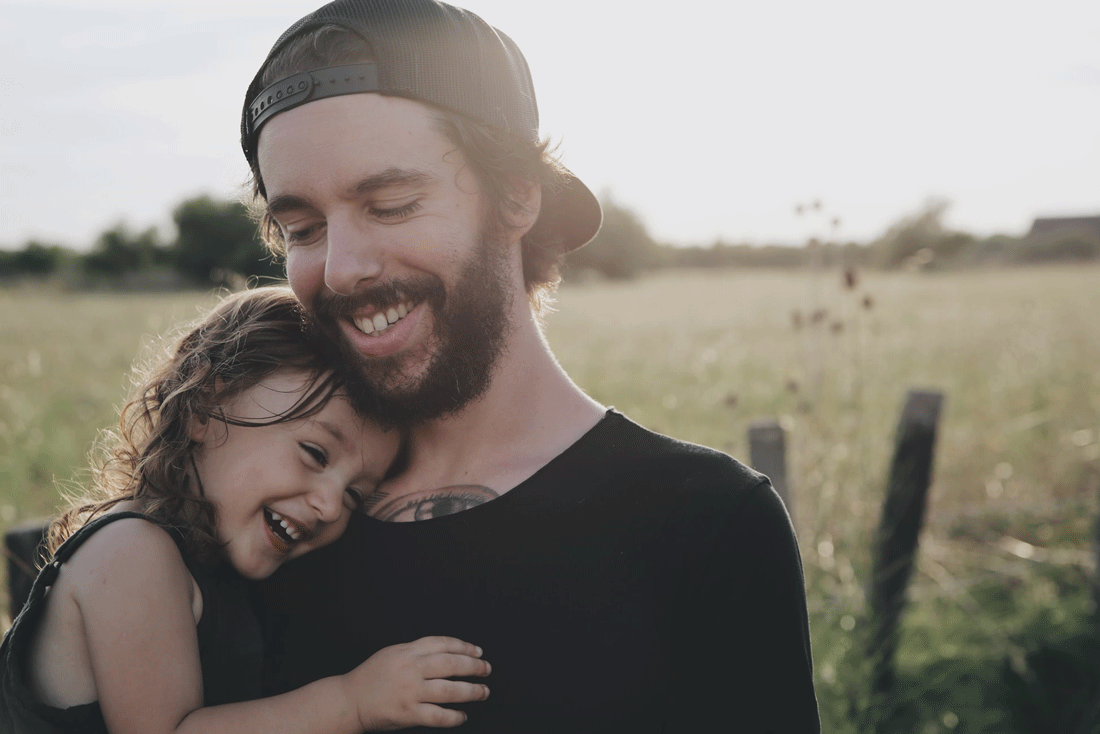Social Justice Saturday: Reparations Study and Action
Responding to the Massachusetts Episcopal Diocese invitation”in the name of repentance, reconciliation, and accountability to our siblings of color in our diocese—prayerfully and purposefully to explore their historic involvement in and present wealth derived from the forced labor of enslaved people…” the St. John’s Social Justice Group invites all parishioners to be part of a working group to explore reparations as a topic and possible actions.
Using “The Process Toward Reparations: A Template,” published by the diocese, we will:
*Examine our history as a parish
*Report what we learn
*Begin the process of repairing what has been damaged or destroyed, whether or not it was intentional
*Move on to making reparations, in whatever form that takes.
Monday Music from Around the World: Way Maker in English and Spanish
Up top is the English language version of Way Maker for those who don’t speak Spanish and below is a Spanish cover recorded in Honduras!
Monday Music: Best Loved & Timeless Hymns
Monday Music: All Things New
Social Justice Saturday - Global Oneness Project: Art Contest Winners
Global Oneness Project Student Art Project
Winners and Finalists: The Environment Is in You
Photography and Original Illustration Contest
I”nspired by the writing of Linda Hogan, Robert Hass, Wendell Berry, and Dara McAnulty, this contest was an invitation for students to take a photograph or create an original illustration that documents the fragility, hope, and future of our planet due to climate change. Many students connected to the following statement by writer and environmental activist Wendell Berry: “The environment is in you, it’s passing through you, you’re breathing it in and out, you and every other creature.”
We asked students how their local ecosystems have changed over the last few years and how their artwork would tell that story. We also asked: How might…”
View the rest of this and see the winners work at GlobalOnenessProject.Org
Photo: Amber Cypress (16) - Florida, U.S. “Respect the land was a message passed down from my ancestors for generations.”
Monday Music: Those Who Love and Those Who Labor
Social Justice Saturday: Season of Creation
Season of Creation, Sept. 1-Oct. 4
The Season of Creation opens with World Day of Prayer for the Care of Creation and concludes with the Feast of St. Francis. Together with the bishops of both Episcopal dioceses in Massachusetts, the Creation Care Justice Network invites you to "join with Christians around the world to celebrate in prayer and action our Gospel calling to protect the Earth that God has entrusted to our care."
https://www.diomass.org/creation-care has information and resources.
For a selected list, please visit Sustainable Life: Responding to the Climate Emergency. This is a collection of resources assembled and periodically updated by members of the Creation Care Justice Network.
Members of the Network recently created a short video that frames our mission: a call to climate action in Massachusetts. Please take a look, and then sign up to join our network! Whether you're an experienced climate activist or just beginning to be concerned about the health of our soils, forests, water and air--to say nothing of the human and other-than-human creatures whose lives depend on them--we need your skills and input as we work together to protect the web of life that God entrusted to our care.
Monday Music: New Day
Social Justice Saturday: Poverty Retold
Poverty Retold: Why Narratives Matter for Economic Mobility
By Allison Yates-Berg
What is it like to live in poverty in the United States? Without lived experience, you probably can’t imagine the constant set of challenging choices that people living with low incomes confront each day. You may also have a hard time imagining the tremendous resilience and resourcefulness that it takes to overcome poverty’s grasp. Let’s imagine a family we’ll call the Sampsons. Consider: does your view of Bill shift while reading his story?
Bill Sampson missed work again today. His manager Mary at the warehouse shakes her head—Bill has been getting noticed for being a hard worker, but he’s on thin ice. He recently…
Read the Rest at Arithmetic of Compassion
Social Justice Saturday: "Skin-color" Crayons
When my daughter Amy was in third grade, I was in an art store and found a packet of crayons that were all shades of skin tones, from light pink to dark brown. “What a neat idea,” I thought, and bought two sets, one for home and one to gift to Amy’s art teacher. A couple of weeks later, I asked the teacher how the crayons were working, and she said, “Oh dear, it really wasn’t a good idea. The kids starting comparing their skin colors, and I just had to put them away. I can’t use them.”
I was so surprised I hardly knew what to say. Often, when topics of race come up, especially unexpectedly, or in a negative way, I can be caught off-guard and only think of what I could have said, hours or days later.
What might you have said in this crayon situation? Has a comparable incident happened to you? How do we help children appreciate all the beautiful skin-colors in our communities and nation?
Sharlene
Monday Music: Too Faithful
Monday Music: How Great Thou Art
Social Justice Saturday: What Actions Are Most Excellent?
What actions are most excellent?
To gladden the heart of a human being.
To feed the hungry.
To help the afflicted.
To lighten the sorrow of the sorrowful.
To remove the wrongs of the injured.
That person is the most beloved of God
who does most good to God’s creatures.
The Prophet Muhammed
Monday Music: We Are Marching in the Light of God
Suggested by Taking Faith Home
Monday Music: I Call You Faithful
Monday Music: 11+ Hours of Relaxing Hymns and Instrumental Music
Morning Music: Goodness is Stronger Than Evil
Suggested by Taking Faith Home
Monday Music: Morning Has Broken
Social Justice Saturday: How Environmental Racism Shapes the US
Robert Bullard: How Environmental Racism Shapes the US
The U.S. is segregated, and so is pollution. These words come from the so-called “father of environmental justice,” Robert Bullard. As a sociologist, he has proved that minority communities in Houston suffer most from pollution and has written more than a dozen books on sustainable development, environmental racism and climate justice. He sits down with Walter to discuss his life’s work.
Watch the video at PBS.org








